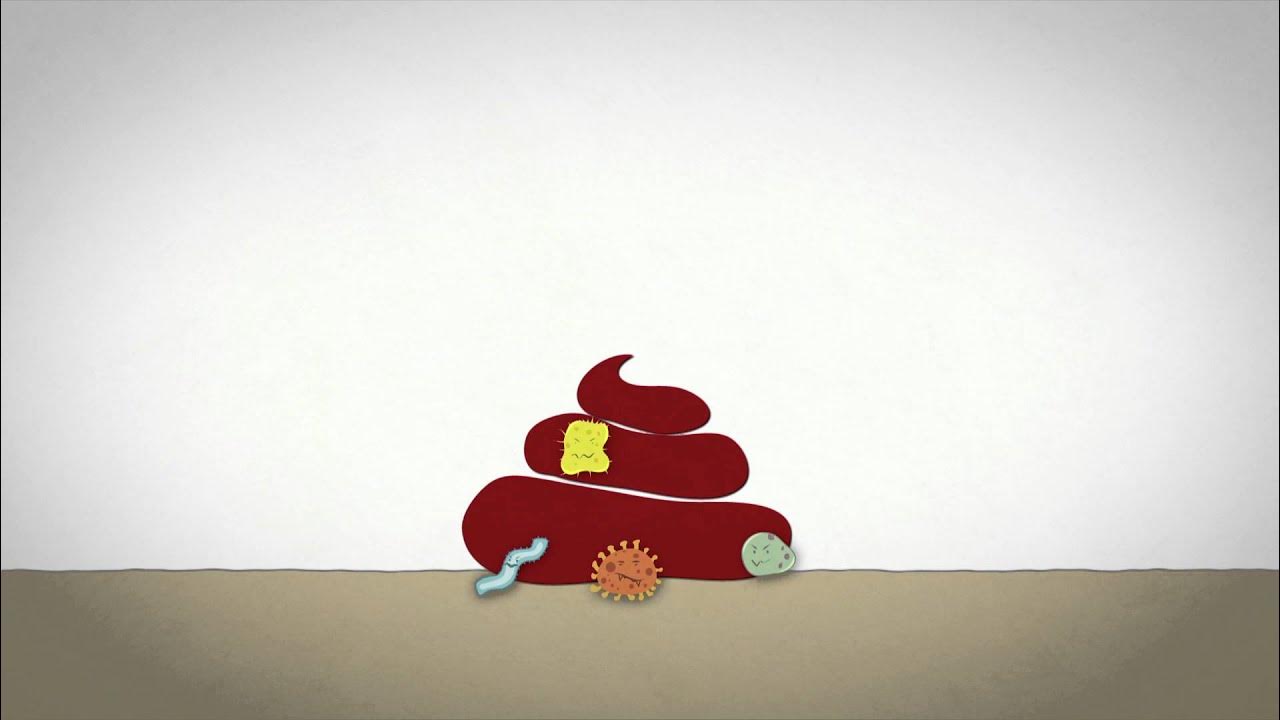TOP 8 | Sayla - Enactus Ain Shams University (Egypt)
Summary
TLDRThe video highlights the plight of 43 million African babies affected by harmful disposable diapers, which cost families about $1,200 per child. To combat this issue, the initiative developed "Sila," a sustainable reusable cloth diaper made from degradable Egyptian fabrics. Through collaboration with the Egyptian Ministry of Health, nine prototypes were created, leading to a product that is both economical and safe for babies. The project has generated significant community impact by providing jobs for women and reducing environmental waste, while aiming to expand production across Africa, ultimately helping over 8,000 babies and their families.
Takeaways
- 😀 Many parents eagerly await milestones like their child's first smile, but millions face challenges due to diaper costs.
- 😢 Around 43 million African babies are affected by harmful disposable diapers, leading to cries for help from families.
- 💰 The average cost of disposable diapers for one child is approximately $1,200, which is a significant burden for low-income families in Egypt.
- 🌍 Annually, 20 billion disposable diapers are thrown away in landfills, taking nearly 500 years to decompose and harming the environment.
- 👶 Sila offers a solution with reusable cloth diapers made from biodegradable Egyptian fabrics, aiming to be affordable and hygienic.
- ✅ The diapers are accredited by the Egyptian Organization for Standards and Quality, ensuring they meet hygiene standards.
- 💵 Sila's reusable diapers cost only $3 each, saving families up to 90% compared to disposable diapers.
- 🤝 Collaboration with the Egyptian Ministry of Health helped develop prototypes and establish production hubs for the diapers.
- 👩👧👦 Training programs for women created job opportunities and enabled the production of 1,200 diapers within a month.
- 🌟 Sila's initiatives not only improve child care but also empower mothers, leading to increased family incomes and reduced financial struggles.
Q & A
What is the main issue addressed in the script?
-The script highlights the struggles of 43 million African babies and their families due to the high cost and harmful effects of disposable diapers.
How much does it cost to provide disposable diapers for one child in Egypt?
-The total cost of disposable diapers for one child alone is around $1,200, which is a significant burden for low-income families.
What environmental impact do disposable diapers have?
-Approximately 20 billion disposable diapers are thrown away in landfills each year, taking nearly 500 years to decompose.
What solution does the Sila Diaper Initiative propose?
-The initiative offers a reusable cloth diaper made from local, degradable Egyptian fabrics, aiming to provide a sustainable and affordable alternative.
What are the main features of Sila's reusable diapers?
-Sila's diapers are designed to be reusable, durable, and adjustable, meeting all hygiene standards.
How much can families save by using Sila's reusable diapers?
-Families can save up to 90% on their diapering costs, needing only six Sila diapers for a year instead of 2,500 disposable ones.
What support is provided to mothers involved in the Sila initiative?
-Mothers receive medical insurance, food, and clothing supplies, supported by the Ministry of Social Solidarity, to ensure their well-being during the project's initiation.
What has been the impact of the Sila Diaper Initiative on local women?
-The initiative has provided job training and opportunities for 50 women, helping them earn a monthly income of $1,050.
What are the future expansion plans for Sila?
-Sila plans to establish production hubs in five African countries by 2024, starting with Ethiopia and Congo.
How has the Sila initiative impacted sales and revenue?
-This year, Sila generated a total revenue of $190,000 and witnessed a 25% increase in sales, with a monthly production rate of 5,200 diapers.
Outlines

This section is available to paid users only. Please upgrade to access this part.
Upgrade NowMindmap

This section is available to paid users only. Please upgrade to access this part.
Upgrade NowKeywords

This section is available to paid users only. Please upgrade to access this part.
Upgrade NowHighlights

This section is available to paid users only. Please upgrade to access this part.
Upgrade NowTranscripts

This section is available to paid users only. Please upgrade to access this part.
Upgrade NowBrowse More Related Video
5.0 / 5 (0 votes)





